Ever wondered why your heart races when you're anxious or why you feel a surge of energy when faced with a challenging situation?
It's all down to three key players: Cortisol, Catecholamines, and Vasopressin. These stress hormones, produced by our adrenal glands, play a pivotal role in our 'fight or flight' response, and their impact extends far beyond just making us feel 'stressed out'.
However, when these hormones are out of balance, the effects can be detrimental to both our physical and mental health. Chronic stress, high cortisol levels, and hormone imbalances can lead to a host of health issues, including anxiety, depression, and even heart disease. Understanding how to manage stress and maintain a healthy hormone balance can help improve your overall health.
Join us as we delve into the world of stress hormones, their role in our bodies, and how we can manage them effectively.
Understanding Stress Hormones: Cortisol, Catecholamines, and Vasopressin
Cortisol, catecholamines, and vasopressin, the three major stress hormones produced by our adrenal glands, play a crucial role in our body's 'fight or flight' survival mechanism.
Each hormone has a unique role in the stress response, and understanding their functions can provide valuable insights into our body's resilience and survival instincts.
Cortisol: The Primary Stress Hormone
When we talk about stress hormones, cortisol inevitably takes centre stage. Secreted from the adrenal gland, cortisol is often dubbed the primordial stress hormone.
While all three stress hormones have a pivotal role in the stress response, cortisol is infamous due to its significant physiological implications.
The hormone level in our system ascends when we confront a stressful situation, propelling us into a 'fight or flight' mode. This increase in the level of cortisol isn't inherently harmful; in fact, it's a survival mechanism deeply rooted in our biology.
Prolonged elevation can pose a potential health risk, demonstrating the importance of maintaining a balanced cortisol release for our wellbeing.
Catecholamines: Epinephrine and Norepinephrine
Your body's response to stress isn't just about cortisol; there are other two pivotal players involved as well - the catecholamines. These are Epinephrine and Norepinephrine which play a vibrant role in the stress response.
Now, you may wonder, how do these hormones respond to stress? These hormones are secreted by the adrenal glands and act as principal drivers of the so-called "fight or flight" survival mechanism. This response is critical for how our bodies navigate life-threatening situations.
In a stressful atmosphere, Epinephrine raises heart rate, blood pressure, and energy supplies. Norepinephrine, on the other hand, primarily influences attention and response actions. These main stress hormones, in the right moment, can be the difference between life and death.
Vasopressin: The Lesser-Known Stress Hormone
Vasopressin also plays a considerable role in stress response. Generated by the brain's hypothalamus, it is reserved in the pituitary gland ready for action. Essentially, it aids in water retention and vasoconstriction, a survival mechanism when facing stress.
This hormone intensifies the 'fight or flight' response and pushes your body to extreme limits in a bid to survive, a testament to our nervous system's ingenuity. Yet, the prolonged activation can potentially leave detrimental health impacts if not monitored carefully.
It's crucial to understand that while vasopressin assists in response to stress, the balance is key. Both deficiency and excess can lead to health complications. Moderate, controlled levels of this hormone are ideal for a well-functioning body.
So, remember, vasopressin may not be the main stress hormone, but it packs quite a punch in our stress response system, providing both beneficial and potentially harmful effects.
The Side Effects of Imbalanced Stress Hormones
The 'fight or flight' phenomenon is one of the most significant ways our bodies respond to stress, primarily orchestrated by the hormones responsible for the stress response. This immediate reaction emerges as a primal response to perceived danger, designed to prepare our body for instant action.
The pinnacle of this response centres around stress hormones like epinephrine and norepinephrine (also known as noradrenaline). As part of the response to stress, these hormones pack a significant punch. Their effects on the body include increased heart rate and heightened alertness, all aimed at optimising our chances of survival in face of a threat.
It's critical to understand that while this mechanism plays a vital role in our survival, if persistently triggered, it can wreak havoc on the body's balance. With constant stress levels, the fight or flight response may become overactive, leading to potential long-term health implications.
The surge of these hormones in stress situations leads to rapid heartbeats, a physical response designed to enhance our performance in face of threats. It's their principal function: to mobilise the body's resources, preparing us for danger.
However, a constant state of high stress level takes its toll. An ongoing increase in heart rate due to excess stress hormones is detrimental to our health and wellbeing. It disrupts the balance in the body and poses threats to the heart:
- Heart Disease: Sustained high levels of cortisol, a primary stress hormone, may lead to heart disease.
- Gastrointestinal Problems: Chronic stress can have a drastic effect on the digestive system, leading to issues like ulcers and Irritable Bowel Syndrome (IBS).
- Weakened Immune System: Effect of chronic stress hormone levels can lead to an immune system imbalance, leaving the body more vulnerable to infections.
- Obesity: The high level of cortisol encourages the body to store fat, particularly in the abdominal area, leading to weight gain and obesity.
- Endocrine Disorders: Hormone imbalances, if persistent, can create an array of problems such as diabetes and thyroid disorders.
- Anxiety and Depression: Chronic stress often paves the way for afflictions like anxiety and depression. Continuously elevated stress hormone levels can prime the body's fear response excessively, leading to persistent feelings of worry or despair.
- Irritability: Overexposure to stress hormones triggers increased sensitivity and tension, frequently resulting in irritability. This can damage social connections, reinforcing a spiral of stress and negative reactions.
- Difficulty Sleeping: The high level of stress hormones disrupts our sleep patterns. It's common to struggle with sleep disruptions under chronic stress, further exacerbating the toll on mental health.
- Cognitive Impairments: Chronic stress can even impair cognition. Concentration issues, forgetfulness, and confusion can become increasingly prevalent with prolonged stress exposure. These impacts further compound the psychological burden of living with chronic stress.
Chronic stress can profoundly alter our body's hormone balance. When the body is in a constant state of tension, stress hormone levels such as cortisol can significantly spike. This change in hormone dynamics often leaves people feeling physically and mentally spent.
Dealing with high levels of stress hormones over an extended period can lead to anxiety, irritability, and difficulty sleeping. These symptoms only compound the existing challenge, making it harder for individuals to break free from the vicious cycle of stress.
An unregulated cortisol level is one aspect of hormone imbalance that can be caused by chronic stress. This can exacerbate cases of anxiety and depression, further compounding mental health issues that might already be present.
Mitigating chronic stress and restoring hormone balance is crucial. Not only does it present immediate relief from stress symptoms, but it is essential in maintaining both physical and mental fitness in the long run.
Managing Stress and Stress Hormone Levels
Managing Stress and Stress Hormones
Stress is a common human experience, but excessive stress can have detrimental effects on our physical and mental health. One of the primary ways stress manifests is through elevated levels of stress hormones. By understanding how stress hormones work and implementing effective management strategies, we can improve our overall well-being.
Lifestyle Changes for Stress Reduction
- Physical Activity: Regular exercise has been shown to reduce stress hormones and improve mood.
- Balanced Diet: A nutritious diet can support overall health and help regulate stress hormone levels.
- Quality Sleep: Adequate sleep is essential for stress management and hormonal balance.
- Social Interaction: Building strong social connections can provide emotional support and reduce stress.
Relaxation Techniques
- Mindfulness Meditation: This practice involves focusing on the present moment and reducing stress-inducing thoughts.
- Progressive Muscle Relaxation: Tensing and relaxing different muscle groups can help relieve physical tension and promote relaxation.
- Yoga and Tai Chi: These ancient practices combine physical movement with deep breathing and meditation.
- Biofeedback: Learning to control physiological responses can help manage stress and reduce stress hormone levels.
Adaptogens, Vitamins and Amino Acids: Nature's Stress-Reducers
Adaptogens are herbs and plants that help the body adapt to stress. They can help regulate stress hormones, boost energy, and improve mood. Some popular adaptogens include:
- Ashwagandha: Known for its ability to reduce cortisol levels, the primary stress hormone.
- Rhodiola rosea: May help improve mood, reduce anxiety, and increase energy levels.
- Eleutherococcus senticosus (Siberian ginseng): Can help boost energy and improve mental performance.
- L-theanine: Found in green tea, L-theanine can promote relaxation and reduce anxiety without causing drowsiness.
- Magnesium: A vital mineral involved in many bodily functions, magnesium can help regulate mood and reduce stress.
- B vitamins: These vitamins are essential for energy production and can help reduce stress-related symptoms.
- Vitamin C: A powerful antioxidant that can help protect against stress-induced damage.
Equilibrium is a popular supplement that combines several of these ingredients, including Ashwagandha, L-theanine, and magnesium. It offers a holistic approach to stress management, addressing both physical and mental aspects.
By incorporating these supplements into a healthy lifestyle, you can support your body's ability to manage stress and improve your overall well-being.
Final Thoughts on Stress Hormones and Their Impact on Health
Understanding the role of stress hormones in our bodies is crucial to managing our overall health. Chronic stress and elevated levels of cortisol, epinephrine, and vasopressin can lead to physical and mental health issues, including anxiety, depression, and hormone imbalance. However, with the right knowledge and tools, we can monitor and manage our stress levels effectively.
Incorporating lifestyle changes and relaxation techniques can help reduce stress and its impact on our bodies - as can the right supplements. Equilibrium is your natural solution for a calmer, more balanced life.
Our carefully crafted formula combines powerful adaptogens like Ashwagandha with essential nutrients like L-theanine and magnesium to help:
- Reduce stress and anxiety
- Improve sleep quality
- Boost energy and focus
Experience the difference today! Place your order now.





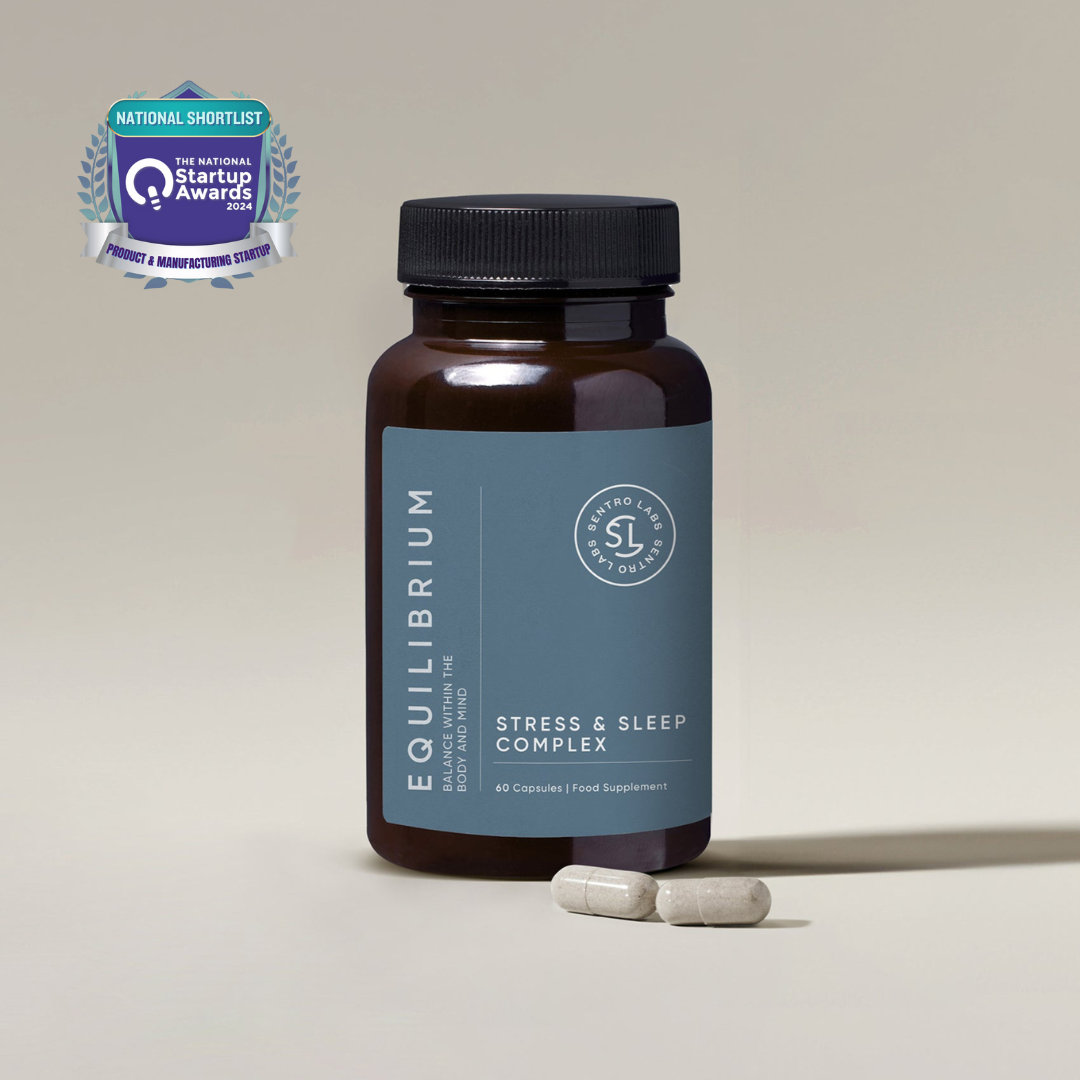


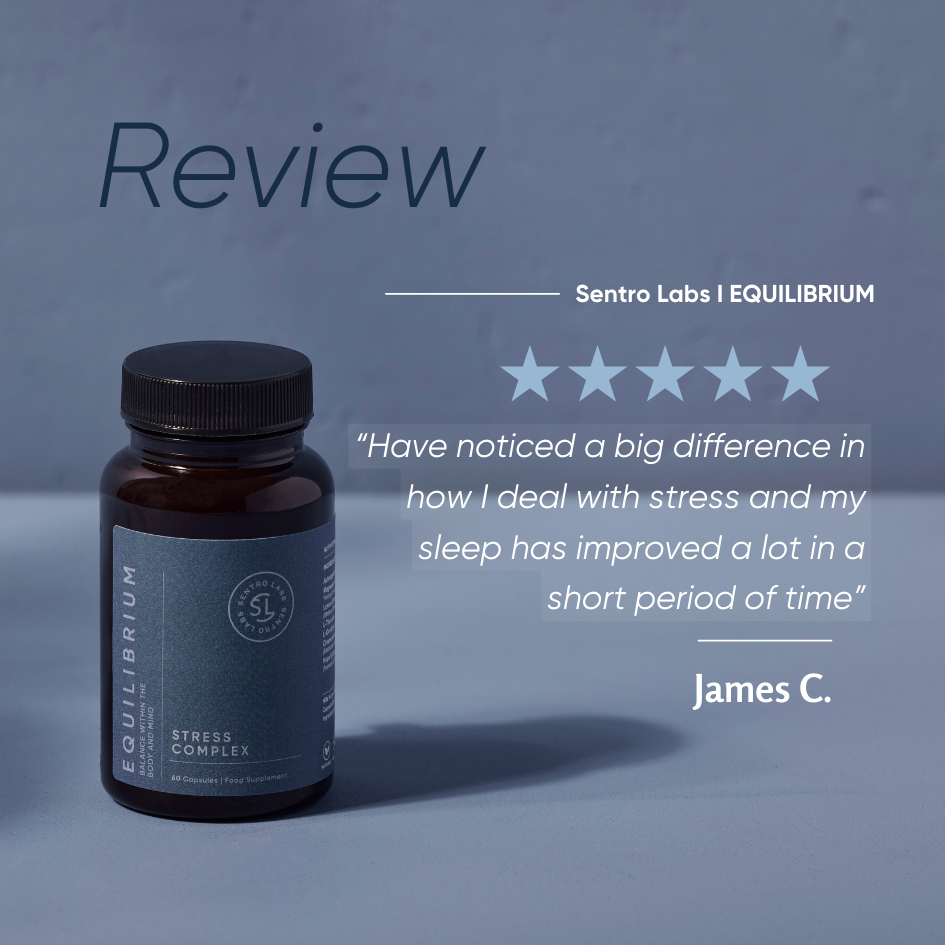
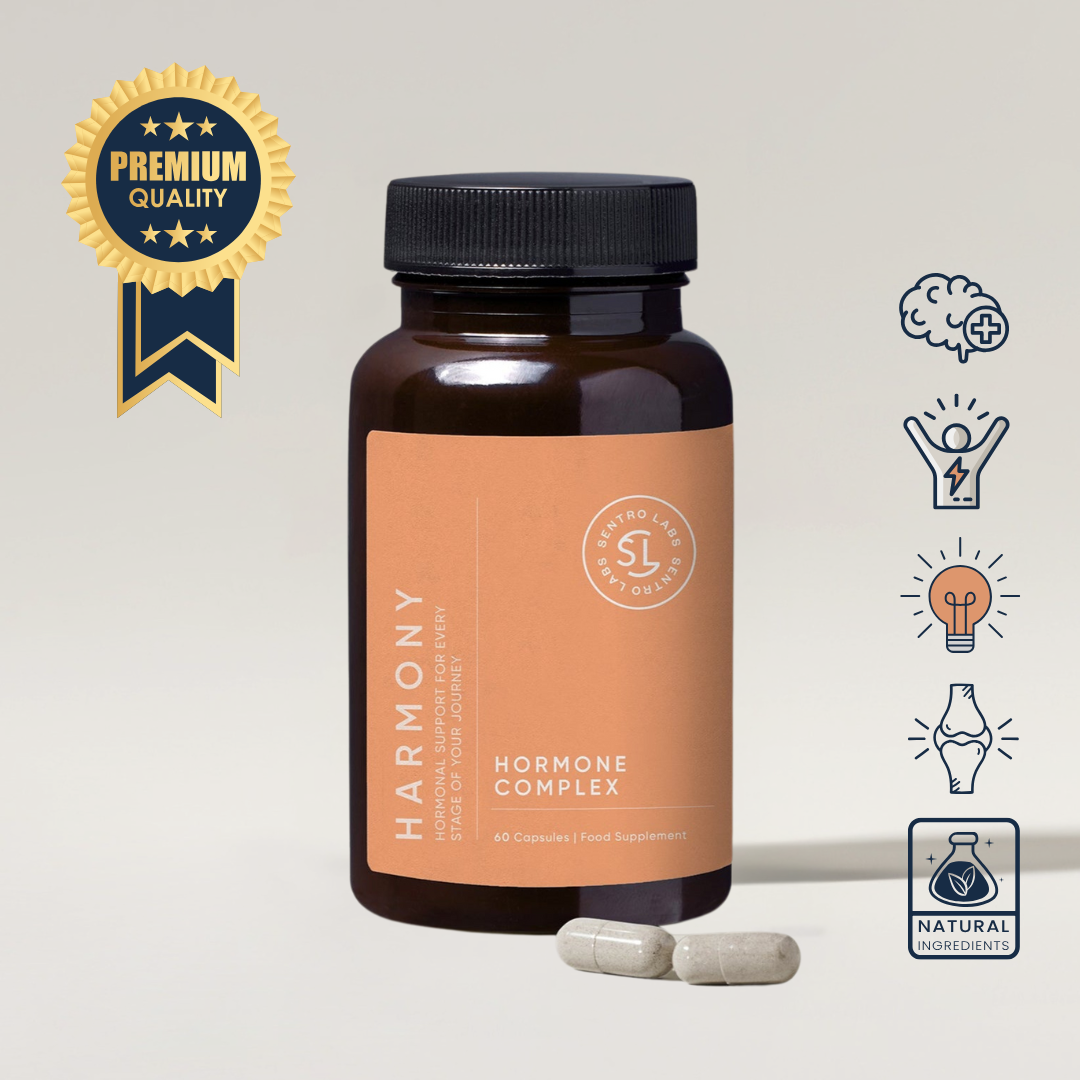




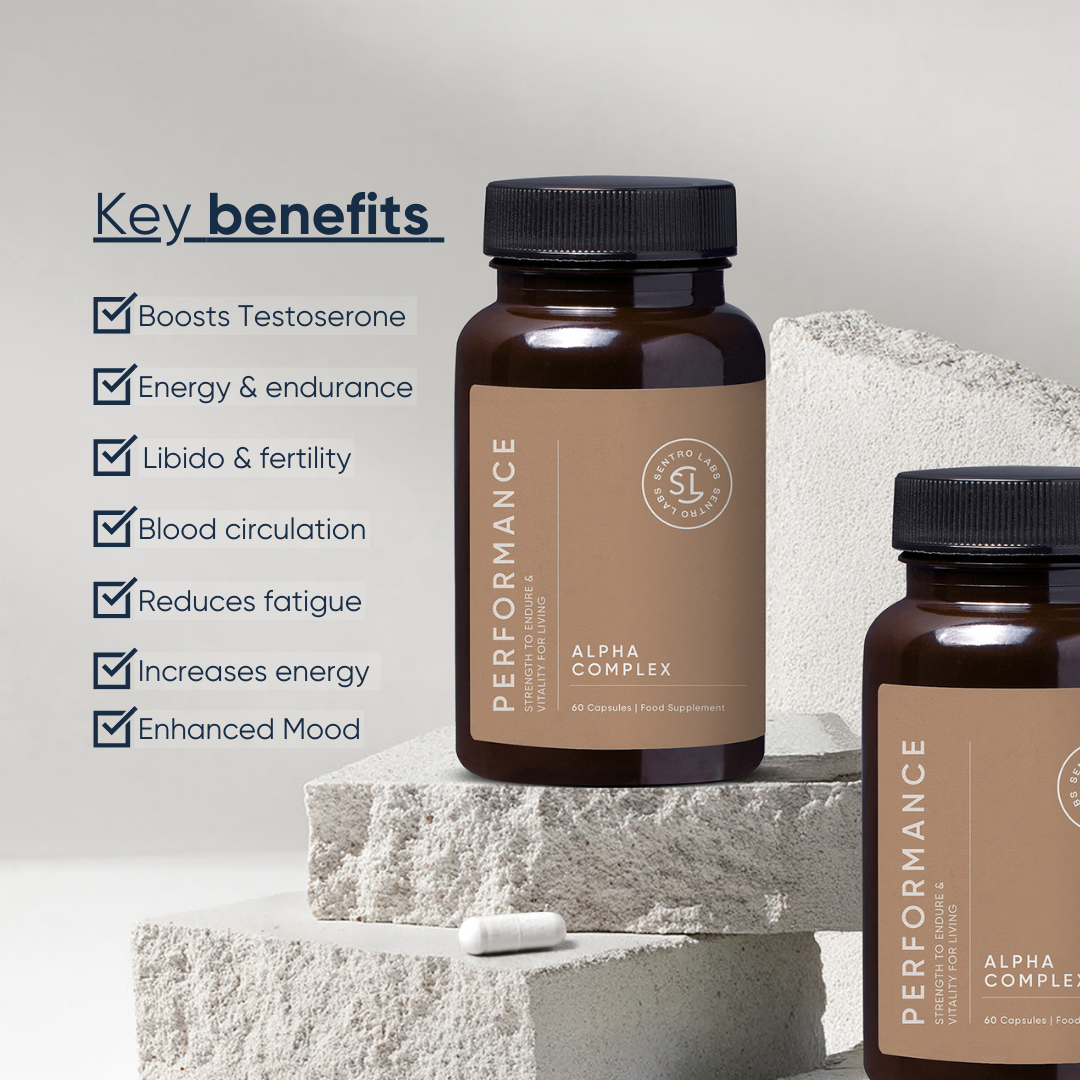
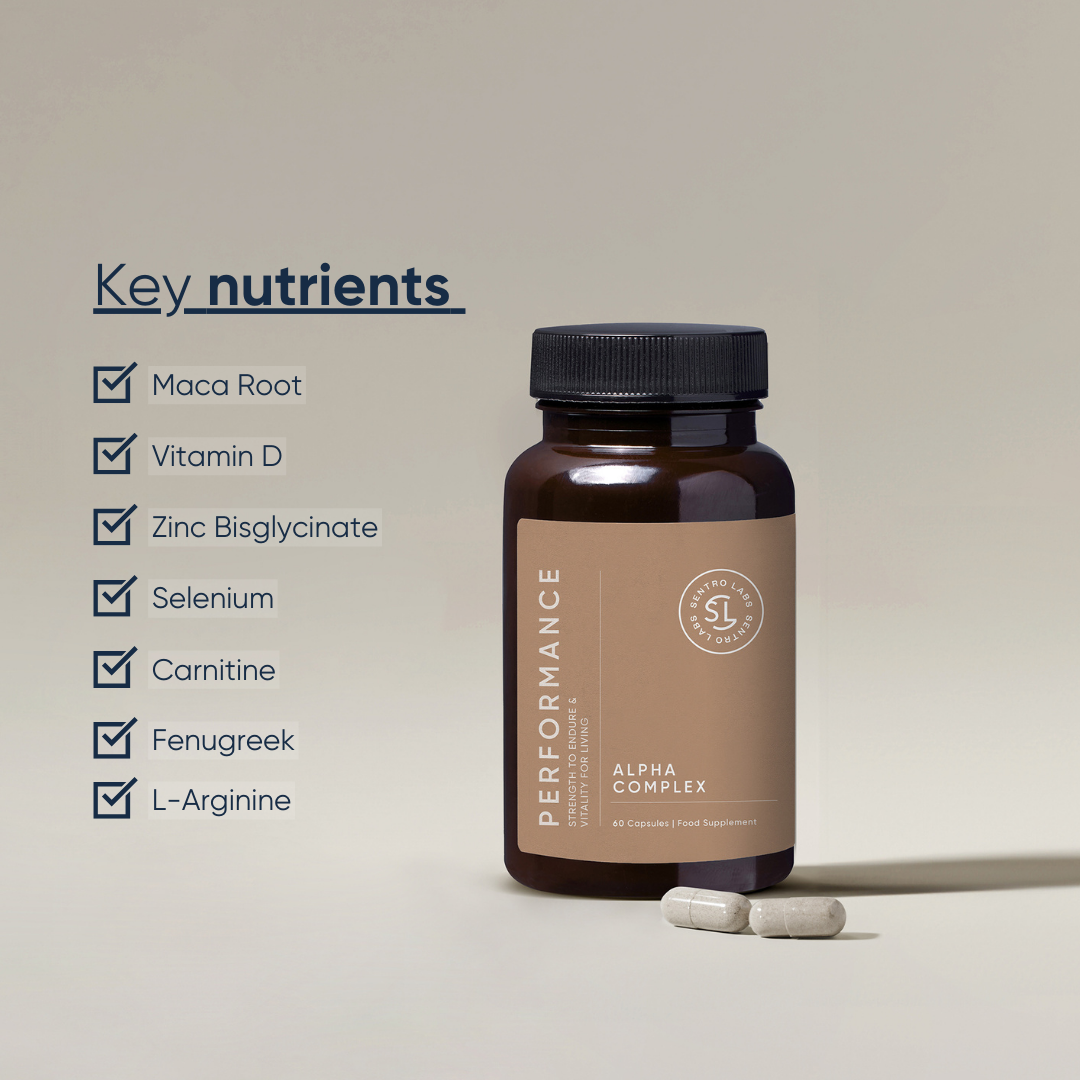
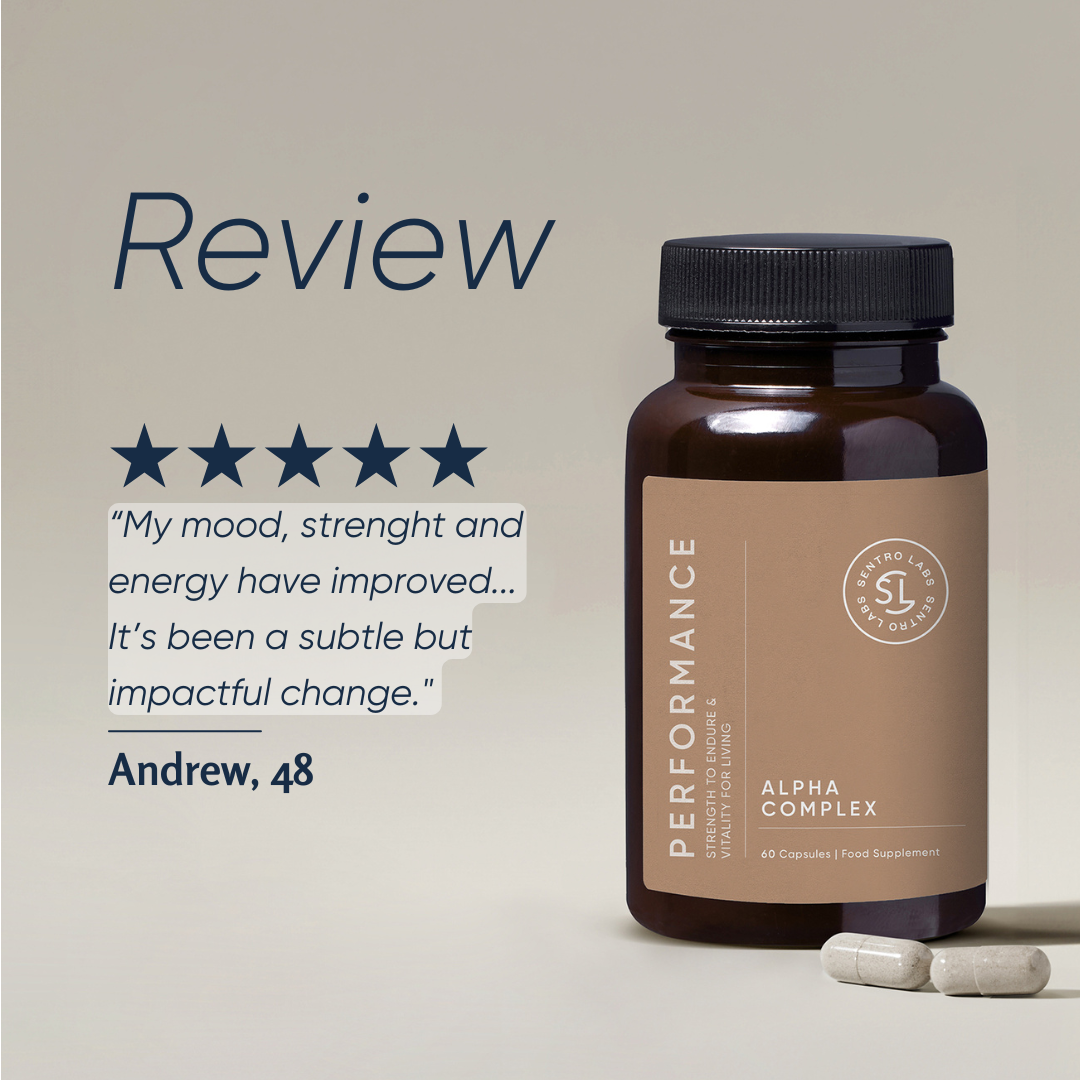


Share:
Ashwagandha and Cortisol: Exploring the Benefits, Dosage, and its Effect on Cortisol Levels
Understanding the Connection Between Cortisol and Sleep